Accept all cookies Accept only essential cookies See our Cookie Notice

About ESA
The European Space Agency (ESA) is Europe’s gateway to space. Its mission is to shape the development of Europe’s space capability and ensure that investment in space continues to deliver benefits to the citizens of Europe and the world.
Highlights
ESA - United space in Europe
This is ESA ESA facts Member States & Cooperating States Funding Director General Top management For Member State Delegations European vision European Space Policy ESA & EU Space Councils Responsibility & Sustainability Annual Report Calendar of meetings Corporate newsEstablishments & sites
ESA Headquarters ESA ESTEC ESA ESOC ESA ESRIN ESA EAC ESA ESAC Europe's Spaceport ESA ESEC ESA ECSAT Brussels Office Washington OfficeWorking with ESA
Business with ESA ESA Commercialisation Gateway Law at ESA Careers Cyber resilience at ESA IT at ESA Newsroom Partnerships Merchandising Licence Education Open Space Innovation Platform Integrity and Reporting Administrative Tribunal Health and SafetyMore about ESA
History ESA Historical Archives Exhibitions Publications Art & Culture ESA Merchandise Kids Diversity ESA Brand CentreLatest
Space in Member States
Find out more about space activities in our 23 Member States, and understand how ESA works together with their national agencies, institutions and organisations.
Science & Exploration
Exploring our Solar System and unlocking the secrets of the Universe
Go to topicAstronauts
Missions
Juice Euclid Webb Solar Orbiter BepiColombo Gaia ExoMars Cheops Exoplanet missions More missionsActivities
International Space Station Orion service module Gateway Concordia Caves & Pangaea BenefitsLatest
Space Safety
Protecting life and infrastructure on Earth and in orbit
Go to topicAsteroids
Asteroids and Planetary Defence Asteroid danger explained Flyeye telescope: asteroid detection Hera mission: asteroid deflection Near-Earth Object Coordination CentreSpace junk
About space debris Space debris by the numbers Space Environment Report In space refuelling, refurbishing and removingSafety from space
Clean Space ecodesign Zero Debris Technologies Space for Earth Supporting Sustainable DevelopmentLatest
Applications
Using space to benefit citizens and meet future challenges on Earth
Go to topicObserving the Earth
Observing the Earth Future EO Copernicus Meteorology Space for our climate Satellite missionsCommercialisation
ESA Commercialisation Gateway Open Space Innovation Platform Business Incubation ESA Space SolutionsLatest
Enabling & Support
Making space accessible and developing the technologies for the future
Go to topicBuilding missions
Space Engineering and Technology Test centre Laboratories Concurrent Design Facility Preparing for the future Shaping the Future Discovery and Preparation Advanced Concepts TeamSpace transportation
Space Transportation Ariane Vega Space Rider Future space transportation Boost! Europe's Spaceport Launches from Europe's Spaceport from 2012Latest
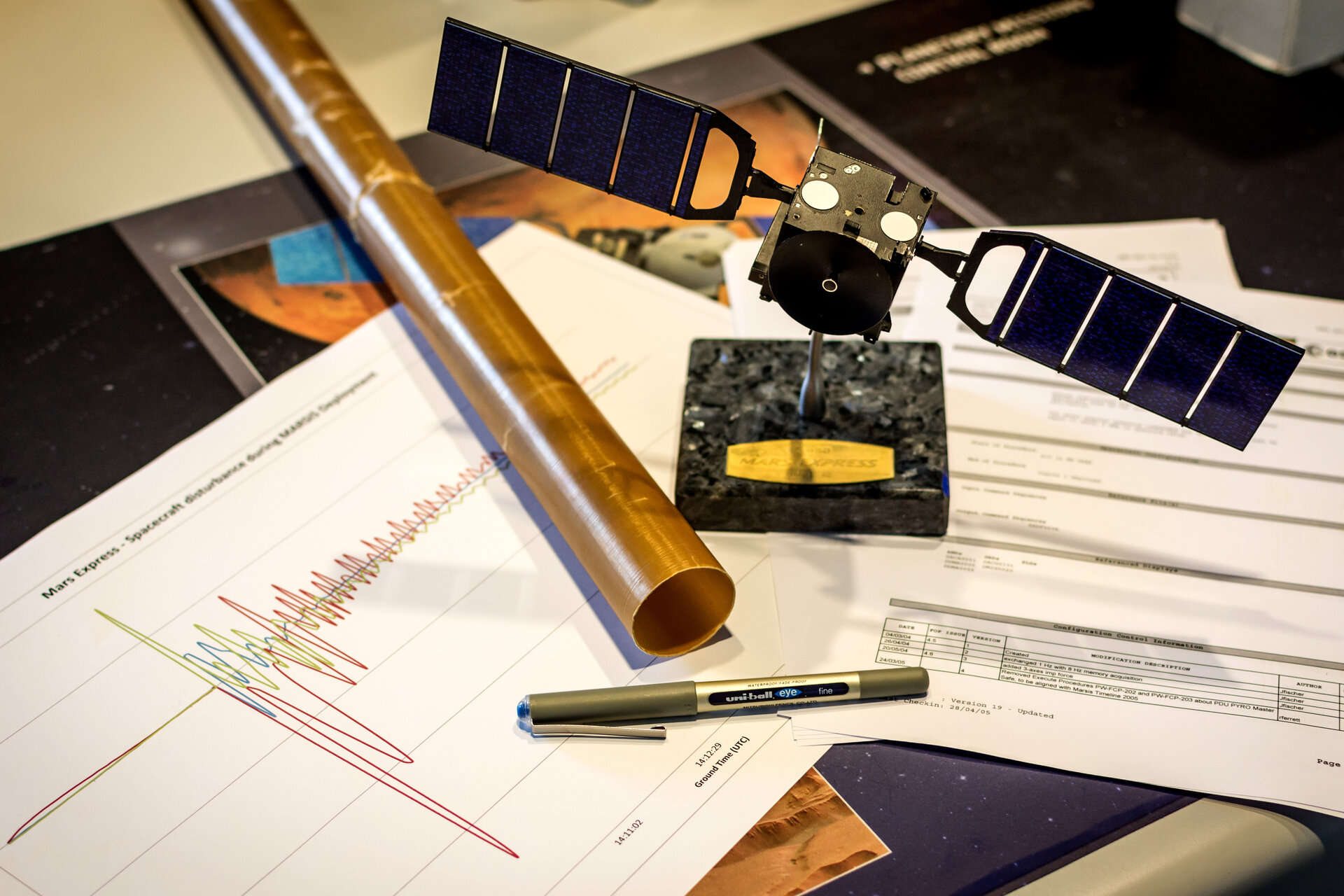
2: Investing in the basics of space
Thank you for liking
You have already liked this page, you can only like it once!
Long-term success comes down to ESA’s ‘Basic Activities’, which amount to the entire mandatory element of the ESA budget, other than the Science Directorate. They are mandatory because they are not only important but essential, a key ingredient in the magic formula behind ESA’s historic achievements.
Essentially Basic Activities are part of ESA’s ‘membership fee’ but this investment results in solid benefits for Member States, their scientists and their industries, as well the optional ESA programmes – such as Earth observation and exploration missions.
Basic Activities comprise a portfolio of ESA undertakings that stay invisible most of the time because they simply work – and work well.
These range from laboratories, ground stations and control facilities to European-wide early-stage technology development efforts, actions to support innovation and standardisation, highly secure networks and IT infrastructure and cybersecurity.
The global deep-space communication antenna network supported by Basic Activities is second only to NASA’s. Basic Activities also underpins a world-beating array of laboratories and test infrastructure – including the largest satellite test centre in Europe.
Basic Activities is also the source of intangible assets such as decades of accumulated expertise across an enormous range of skillsets, like highly-precise navigation through the Solar System or testing and developing technologies that will enable Europe’s autonomous access and exploitation of space.
All these essential resources, supported through Basic Activities, are also at the disposal of those who enable them: ESA Member States, their national agencies and their companies.
Without them, no ESA mission would fly.
Next part: First contact with new ideas
(Photo: Calculating the deployment of Mars Express's MARSIS radar antenna)
ESA Basic Activities at Space19+
For ESA’s next Ministerial Council, Space19+, set for the end of this year, the Agency is asking Europe’s space ministers for a substantial investment for its core Basic Activities, helping to support a new generation of space missions as efficiently as possible. ESA’s Basic Activities have three main objectives: to enable the future through early stage research and development, commencing the Agency’s seamless grid of innovation; develop and maintain ESA’s common infrastructure and expertise; and, develop, preserve and disseminate knowledge for European capacity building and sustainable growth – inspiring and promoting creativity.
-
CREDIT
ESA / Wood. Simon / Ormston. Thomas -
LICENCE
ESA Standard Licence
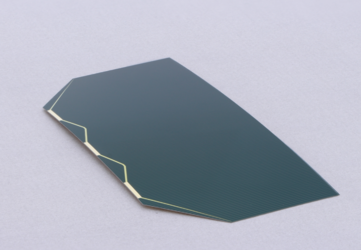
5: Inventing tomorrow

7: Ground tracking stations
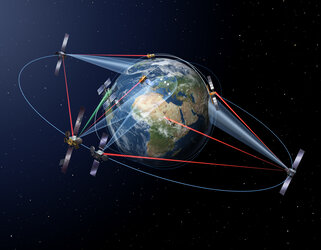
11: Sharing knowledge and keeping Earth’s memory
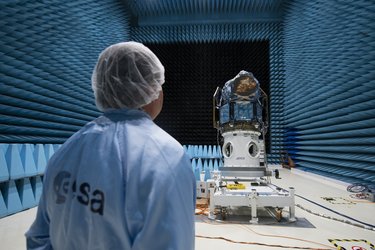
1: 11 steps to make a space mission
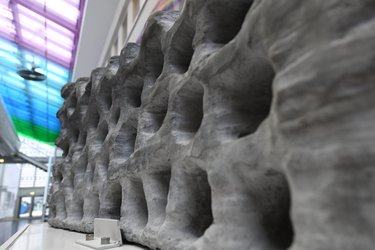














 Germany
Germany
 Austria
Austria
 Belgium
Belgium
 Denmark
Denmark
 Spain
Spain
 Estonia
Estonia
 Finland
Finland
 France
France
 Greece
Greece
 Hungary
Hungary
 Ireland
Ireland
 Italy
Italy
 Luxembourg
Luxembourg
 Norway
Norway
 The Netherlands
The Netherlands
 Poland
Poland
 Portugal
Portugal
 Czechia
Czechia
 Romania
Romania
 United Kingdom
United Kingdom
 Slovenia
Slovenia
 Sweden
Sweden
 Switzerland
Switzerland
























